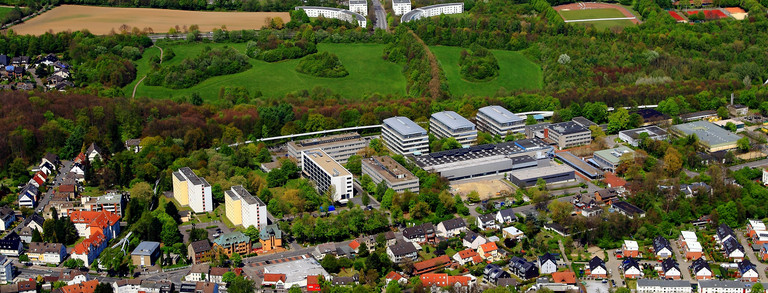Shrinking Cities International Research Network
Urban shrinkage processes are a worldwide phenomenon at the beginning of the 21st century. While in the period from 1960 to 1990 about one in six major cities worldwide was still shrinking in terms of population, this proportion increased sharply in the 1990s, so that today about a quarter of major cities are losing population. The reasons for this are manifold and have only just begun to be investigated. In particular, there is a great need
Project Objective:
The SCiRN network has the task of improving the state of research on the causes, manifestations, spatial variations and effects of population declines and shrinkage processes in urban regions and on the effectiveness of the associated challenges worldwide.
Urban shrinkage processes are a globally observable phenomenon at the beginning of the 21st century. Whereas in the period from 1960 to 1990 about one in six major cities worldwide was considered to be shrinking in terms of population, this proportion increased sharply in the 1990s, so that today about a quarter of major cities are experiencing population losses. The reasons for this are manifold and have only just begun to be investigated. The joint project, in which the Chair of Spatial Planning and Planning Theory is one of 25 scientific partners from five continents, investigates shrinking cities on a global scale using a uniform research design. For this purpose, comparative case studies are conducted in 30 cities, taking into account the specific social, economic, ecological and spatial aspects in selected areas affected by shrinkage in Europe, Asia, Australia, North and South America.
In addition to the knowledge objectives, the project focuses on the continuous development of an expert network for the exchange of information and experience on shrinking cities. The organisational framework is the Shrinking Cities International Research Network (SCiRN), which organises since 2005 meetings and symposia.
In March 2007, Prof. Dr. Wiechmann gave insights into the shrinking processes in East Germany in a radio interview with Smart Cities Radio (Chicago). The complete interview is available in .mp3 format at the following link:
Radiointerview auf Smart Cities Radio (Chicago) from 08.03.2007
Contact: Prof. Thorsten Wiechmann
Duration: since 2004
Cooperation partner:
- University of Calinfornia at Berkeley
- Florida State University
- Ryokoku University
- University of Guadalajara
- University of Western Sydney, Urban Research Centre
- University of Itajaí Valley (Brazil)
- Spanish National Research Council (CSIC)
- Université Paris 1 Panthéon - Sorbonne
- Université Rennes 2 - Haute Bretagne
- Adam Mickiewicz University, Poznań
- Cambridge Architectural Research Ltd



